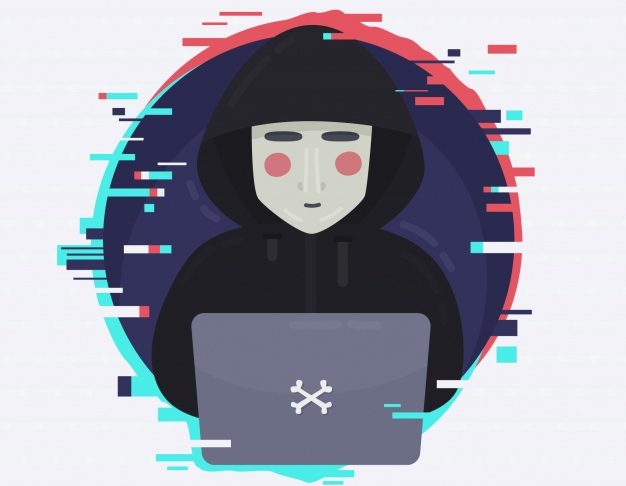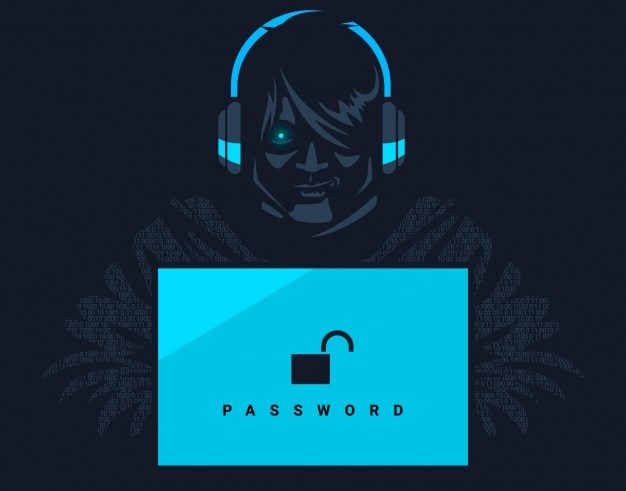The 2016 elections in the United States had one of the most unpredictable outcomes when the Republican Nominee Donald J. Trump was declared as the 45th president. Most of the nation and the people around the globe were stunned. However, many claim that there were telltale signs of the growing distrust against the Clinton establishment within the American masses. Even many Democrats were bitterly divided on whether to support Hillary Clinton or Bernie Sanders.
But what could go wrong with one of the most qualified candidates to run for the commander-in-chief of America?
One of the largest contributors to her defeat in 2016 was the leaked emails published on WikiLeaks. Suddenly everyone could read the emails sent from her unofficial email ID. The term “crooked Hilary” was one of the most derogatory terms used in the US elections by her primary opponent. Trump’s supporters often chanted the phrase “lock her up” openly at his rallies as a response to Clinton’s irresponsibility.
This was not the first incident that a whistle-blower’s action changed the outcomes of a significant event. Two prominent names; Edward Snowden and Chelsea Manning (Formerly known as Bradley Manning) committed acts that had severe consequences on the affairs of the US.
No matter which side of the political spectrum you choose, it cannot be denied that people are becoming more and more concerned with privacy. As hacking incidents are reaching a record-breaking high, done both by individuals and even entire nations, a remedy is making its way as a lucrative career option- Ethical Hacking (or White Hat hacker).
A Rudimentary Understanding of the Term
The name gives away the purpose, and the obligations carried with the designation. It entails duties that are targeted towards detecting vulnerabilities in the system. The primary difference between a hacker with malevolent intentions and a hacker trying to detect target points is the permission from the owner of the system. The people are hired by the organizations and given authority to detect issues with their system.
Classification of Hackers

While the mainstream media, almost always, throw around the word ‘hacker’ in the context of cybercriminals, anyone who’s immersed in the knowledge of computer hardware and software and can bypass security measures and get into a system, network or device.
Besides the ethical hackers, there are those for which this field had to surge into existence. Black Hat hackers or the malignant hackers who usually are persuaded by their own desires to cause harm to the system they target. It could be their intention is to cause the system to slow down, display vulgar threats or hinder their usual activities. Usually, they are motivated by personal or financial benefits, but can also be part of Cyberespionage or as a protest or other possible reasons. But in the end, they are no friends of the systems they will attack.
Between the two polar opposites defined by intentions, there’s another category between the two. These are called Grey Hat hackers. While the White Hat and Black Hat hackers have a defined moral code, for Grey Hat hackers, it’s vaguer. Their intentions depend on their personal views on morality.
Like Black Hat hacking, Grey Hat hackers do not feel the obligation to get any permission from the authorities. However, they are not as malicious as the Black Hat hackers. Examples in this category range on a variety of factors. They do not necessarily pose a threat to the institution. They can hack into a system without permission, notify them about the incident, and then recommend a friend of theirs who can fix these security points. They can also be someone who hacks into a system or web-application simply to take pride in their hacking abilities. But damage intended is minute and sometimes can even be negligible.
Career Opportunities

As the competitive drive in each sector rises, so does the risk of data leakage. Nearly every established institution takes scrupulous measures to ensure the preservation of their internal data. Ethical hacking falls into the same section.
A Certified White Hat hacker can be an Information Security Analyst, Security Analyst, Penetration Tester, Information Security Manager, etc. Tech giants like Accenture, Wipro, EY and TCS are always in need of people who are accustomed to Ethical hacking and Cybersecurity to disallow illegal transfer of information.
American government Institutions like the FBI, CIA, NSA, etc are known to employ cybersecurity professionals but refrain from divulging any form of information to the public. In India, as of now, the government hires no Cyber Security personnel or any professional at Ethical Hacking. Though the hour calls for the engagement of Ethical hackers in departments associated with Defense, Military Law enforcement, Forensic Labs and Investigative services, right now it’s not known if ethical hackers play a part in keeping the data safe.
The remunerations for this field can be very fruitful. With just a year’s experience in this field, an ethical hacker can get a salary of up to four to five lakhs per annum. If the White Hat hacker has experienced up to five years, the salary can as high as 12 lakhs every year. This is one of the key reasons why people are being pulled towards this field.
In order to learn ethical hacking and become a white hacker, you can opt for “Be A White Hat Hacker and Pen Tester online tutorial“ explaining you everything from real-world information gathering to the wireless network security.
How to become an Ethical Hacker?

Unlike most degree certification courses, most universities do not offer a formal course structure for this field. The majority of the certification is done from private institutions that are almost always dedicated to it. Few colleges allow independent organizations to offer a vestigial understanding of this course. The duration of this course varies throughout different institutes.
Universities such as Coventry and Abertay offers full-time undergraduate and postgraduate courses in Ethical Hacking and Cybersecurity. Also, The Manchester College and West Herts College in the UK as well as provide courses regarding the same.
In India, there are institutions such as ISOEH (Indian School of Ethical Hacking)in Kolkata, CEPTA Infotech in Noida, Pristine InfoSolutions in Jaipur, Bangalore and in various other locations that provide courses on Ethical Hacking. Because of the growing opportunities in this field, many autonomous institutes are delivering ethical hacking courses.
Other than these resources, if one obtains understanding regarding ethical hacking after their work hours at home, there are always books that one can opt for. There is a diverse collection of books that explain ethical hacking from the basics. Alternatively, for those who wish to excel in their careers in a senior position of ethical hacking, there are specific books that deal with more advanced topics of ethical hacking.
Hacking: A Beginners’ Guide to Computer Hacking, Basic Security, Ethical Hacking, and Penetration Testing by John Slavio is an outstanding read for those who wish to understand the topic from the beginning and haven’t been able to familiarize themselves with a few terminologies. It entails a lot of helpful subjects that will clear the elementary areas of ethical hacking. If you wish to get a deeper understanding of ethical hacking, then The Hacker’s Underground Handbook by James Pendleton is another great read for that. It includes many topics for an advanced learner.
You can also read about all the trending books for learning ethical hacking in 2019 by following this link.
Conclusion

As the entire world augments their dependency on digital platforms, there will always be those who will attempt to cause harm to them. Like any physical property owned by an individual, their space on the digital platform is their property. Cyber hacking is a crime in many nations and penalties vary according to the damages induced. Some vindictive individuals sending lewd threats to a woman can be classified in cybersex crimes. Others hacking into the internal records of powerful and vital governmental institutions can face life sentences for espionage.
Aside from making sterner laws to turn people away from venturing into a path of causing damage to others, organizations are taking precautions in their own hands. So, if you find zeal in shielding delicate information from damage and wish to get into an excellent career path, this might just be the field for you.
Meanwhile, if you are the kind of person who wants to learn ethical hacking then you can take “Ethical Hacking Ultimate Course“ which will teach you everything required to be a pro.



